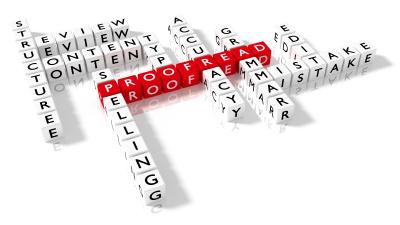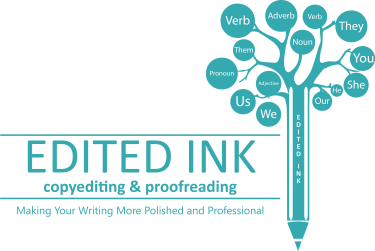Today with the internet and the interrelated world of business, finance and political strategies, a clear message is more important than ever. It can affect the company brand or create a poor impression on your customers, an indelible impression.
When you speak, you usually do not monitor your words. Slight errors might go unnoticed in casual conversation; when you write something, however, any error is there in black and white. And when that error is contained in something published, that mistake is there for all to see—whether simply embarrassing or possibly an error that means trouble for you or your company.
So why wouldn’t you want to protect yourself? Certainly, if you publish something—whether a blog, a website or simply a cover letter—you want to present your shining best. Editing and proofreading are essential parts of the writing process, yet not everyone is effective in that process. In fact, it’s difficult to edit and proofread your own work because you’re familiar with the content, and your eyes see what the brain expects to see.

A good editor can make sure that your written message says what you mean for it to say, condense your words so the writing flows in an orderly way and is easily understood. The organization, structure and content of your writing should support your idea in a comprehensive way, both in technical terms and definitions, allowing clarity and readability. A good editor tells you if your content is too technical, if you’ve used fuzzy logic, or perhaps asks a question that makes you consider an alternate approach.
You don’t want your hard-earned work to fail because of distracting errors. Proofreading is reviewing your work with a focused eye that finds more than just typos and is as complicated as editing. A proofreader understands language use so you don’t make faux pas in grammar and syntax. Spelling can trip up the most conscientious writer, not to mention how numbers are used: do you spell out the word twenty-six or do you use numbers? Then there’s punctuation (did you know there are two types of dashes?), vocabulary, and capitalization: You may live in the Southwest, but you drive in a southwest direction.
At EditedInk.com, you get the best of both worlds: a hero at editing and proofreading that makes your writing polished and professional.
Learn what we can do for you! Services »
